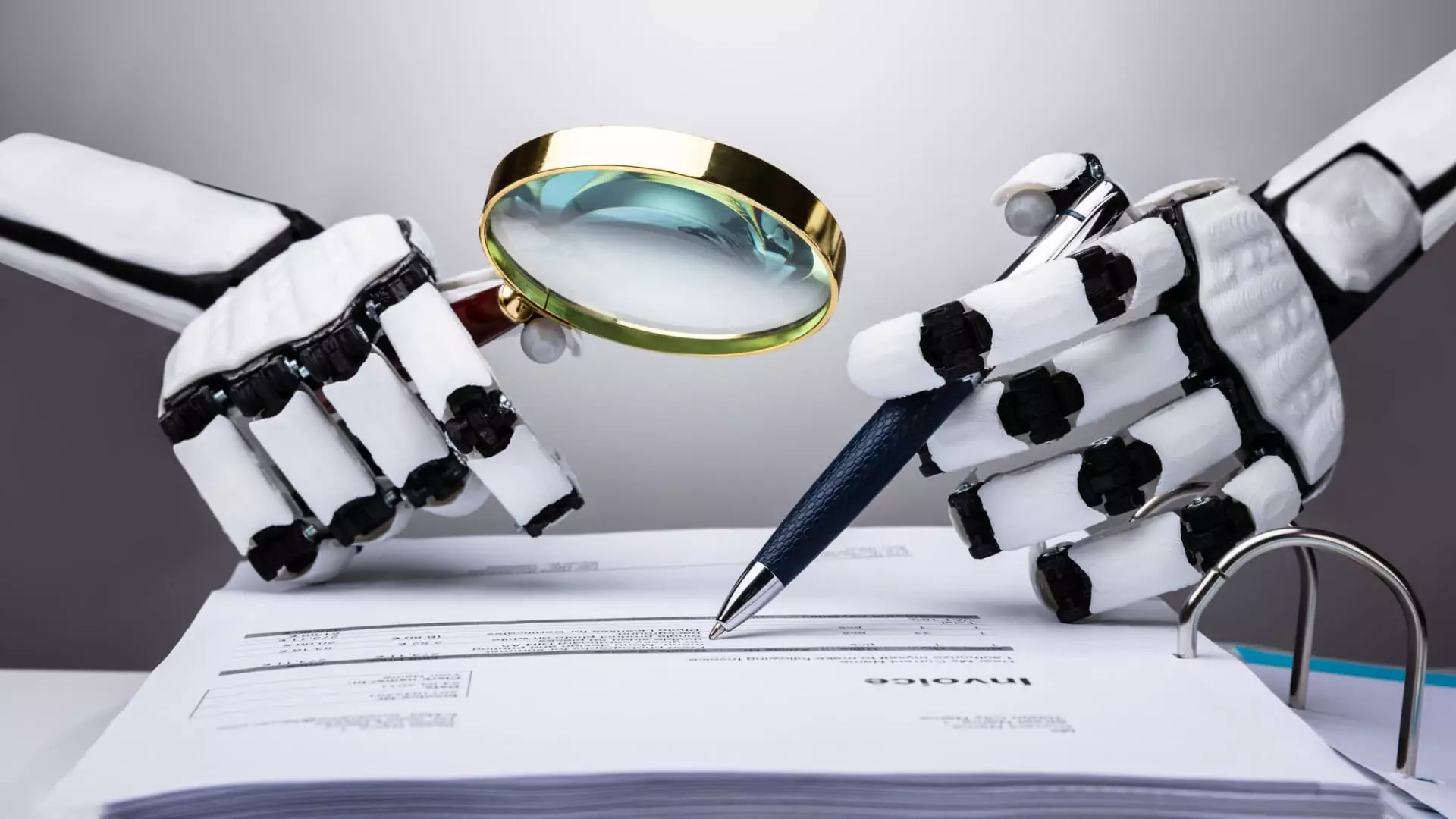Artificial intelligence-powered agents have the potential to revolutionize the way tasks are solved in the near future. According to a report by Capgemini, a technology services giant, multi-agent AI systems are expected to be fully functional by 2025. These systems will consist of a network of agents working collaboratively to tackle tasks in a distributed manner. This article delves into the implications of this technology and the possibilities it holds for various industries.
Capgemini’s chief innovation officer, Pascal Brier, highlighted the significance of AI agents in various industries. The company defines AI agents as entities capable of working independently, planning, reflecting, pursuing higher-level objectives, and executing complex workflows with minimal human intervention. The research conducted by Capgemini revealed that a majority of companies surveyed have plans to integrate AI agents within the next one to three years. This points towards a significant shift in the way tasks are executed across different sectors.
The concept of AI agents can be broadly classified into two types – individual agents and multi-agent technology. While individual agents function autonomously to carry out specific tasks, multi-agent systems involve interactions between different agents, enabling them to collaborate and communicate with each other. For instance, a marketing-focused AI agent creating an ad campaign can seamlessly work with another agent from the legal department to ensure compliance with regulations. This level of coordination and intelligence goes beyond traditional AI systems that simply follow instructions.
The integration of AI agents is expected to bring about significant changes in the business landscape. Capgemini predicts that these agents will facilitate automation in 71% of organizations, allowing human workers to focus on more value-added functions such as enhancing customer experience. Additionally, 64% of firms anticipate that AI agents will alleviate employees of repetitive tasks, leading to increased productivity and efficiency. The implementation of generative AI has seen a substantial rise, with more organizations incorporating this technology into their operations.
While larger companies are at the forefront of adopting generative AI, smaller firms are yet to catch up. The research conducted by Capgemini suggests that firms with higher revenue levels are more inclined to invest in generative AI experiments. Industries such as aerospace and defense have shown a higher rate of investment in generative AI compared to retail. The disparity in adoption rates reflects the varying degrees of readiness and resource allocation across different sectors.
As we move closer to 2025, the landscape of AI technology is set to evolve rapidly. The convergence of AI and generative AI is expected to open up new possibilities for businesses and individuals. AI agents will not only assist in automating tasks but also drive innovation and creativity across various domains. It is essential for organizations to adapt to these changes and embrace the potential that multi-agent AI systems offer. The journey towards AI-driven transformation is just beginning, and the future holds endless opportunities for those willing to explore the possibilities.


Leave a Reply